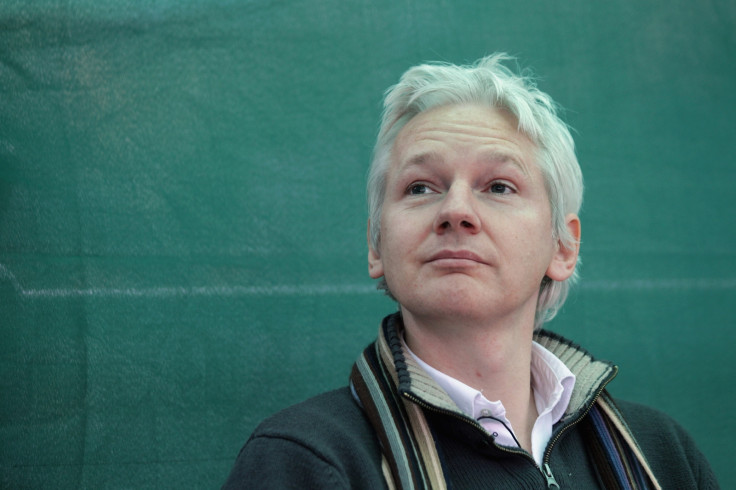WikiLeaks vs Edward Snowden: Twitter feud kicks off over recent data leaks
WikiLeaks has been criticised for disclosing sensitive data of innocent civilians.

WikiLeaks has hit back at comments made on Twitter by former NSA analyst-turned-whistleblower Edward Snowden in which he questioned the group's approach to responsibly releasing sensitive information on the web.
Snowden, who famously leaked files from within the highly secretive US National Security Agency, slammed the approach WikiLeaks had taken during its most recent releases, which included nearly 20,000 emails from the Democratic National Committee (DNC) and messages from within the Turkish government.
"Democratising information has never been more vital, and @WikiLeaks has helped. But their hostility to even modest curation is a mistake," tweeted Snowden on 28 July. The response from Julian Assange's whistleblowing platform was swift. It hit back accusing Snowden of cosying up to presidential candidate Hillary Clinton.
"Opportunism won't earn you a pardon from Clinton & curation is not censorship of ruling party cash flows," the account replied, adding in a link to a Wikipedia page detailing 'digital curation'.
The WikiLeaks release of emails from the DNC – which has resulted in a high-profile resignation within the US Democratic Party – exposed favouritism towards Hillary Clinton over rival candidate Bernie Sanders. However, the release was criticised for also revealing credit card data, social security numbers and passport information.
The Turkey leaks, which were billed as internal correspondence involving the country's president Recep Tayyip Erdogan but contained content of little interest, were overshadowed by accusations of endangering innocent civilians after the WikiLeaks Twitter account linked to a database containing personal data of 'every female voter in 79 out of 81 provinces in Turkey'.
It is clear that, despite working together during the time of the NSA spying revelations, Snowden and WikiLeaks have different perspectives when it comes to responsible disclosure of information.
@Snowden Opportunism won't earn you a pardon from Clinton & curation is not censorship of ruling party cash flows https://t.co/4FeygfPynk
— WikiLeaks (@wikileaks) July 28, 2016
While Assange appears to generally favour releasing troves of information in full (although WikiLeaks does traditionally make redactions), Snowden is more careful, choosing to work alongside specific journalists to release data in a calculated manner.
In any case, as a reinvigorated WikiLeaks continues to release data into the public domain, and with more political leaks reportedly on the horizon, the debate on responsible disclosure is not likely to end any time soon.
© Copyright IBTimes 2024. All rights reserved.






